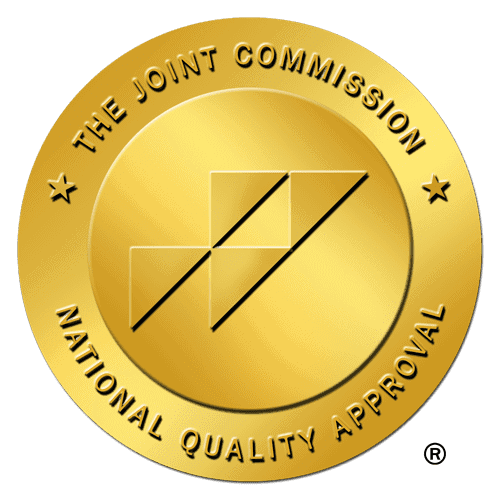Victory Recovery Partners, a network of seven addiction/recovery centers on Long Island, New York, specializes in treating patients who are battling substance use disorders and addictions. As the laws continue to change and evolve over time, we must adapt and continue to implement top level care for our patients.
In New York, it is now legal for adults who are 21 and older to possess up to three ounces of cannabis and up to 24 grams of concentrated cannabis outside your home for personal use. Additionally, you are now allowed to store up to five pounds of cannabis in your home. Cannabis is plant that when smoked or vaped, produces a “high” for the user. Because of this, those who are using cannabis, even legally, need to make sure they do not develop substance use disorders or addictions to the drug. Although moderate cannabis use may be legal in New York, the drug is still potentially dangerous. The same can be said about another commonly used drug, alcohol. Although alcohol is legal, millions of Americans suffer with alcohol use disorder and addiction. Infact, marijuana is the second most misused drug in the US, only behind alcohol.
As we explain marijuana addictions in more detail, we must emphasize that the drug can be a “gateway” drug to more addictive substances. For example, someone may begin using marijuana recreationally, but then this could make them wonder about more potentially dangerous drugs such as heroin or fentanyl.
There are key signs to look out for when assessing if you are addicted to marijuana. Questions to ask yourself include: are you using greater amounts of marijuana each time you use? Do you feel a lack of motivation, and are you having trouble accomplishing routine tasks such as academic or work-related tasks? Are you constantly thinking about getting high? Did your marijuana use cause you to explore more dangerous substances?
If you have answered “yes” to these questions, you may be addicted to marijuana. Other symptoms of addiction include impaired coordination, having difficulties problem solving, emotional issues such as depression or anxiety, suicidal thoughts, and irritability or anger.
If you are experiencing these symptoms, it may be time to seek professional help such as from an addiction/recovery center like Victory Recovery Partners. Our experienced behavioral health counselors will work with you to treat the underlying causes of your addiction. Additionally, we can treat co-occurring disorders such as depression, anxiety, ADHD, PTSD, and bipolar disorder.
There are safer ways to use marijuana recreationally. Some tips include avoid driving after use, avoid using large amounts of cannabis too quickly, do not mix cannabis with other drugs, and have caution regarding synthetic cannabinoids. If you are unable to follow the “safe” methods for using marijuana, it may be best for you to limit or stop use altogether.
Victory Recovery Partners, a network of seven addiction/recovery centers on Long Island, New York, specializes in treating patients who are battling substance use disorders and addictions. While alcohol is the most misused drug in the US, marijuana comes in second. Therefore, there are millions of Americans who are misusing marijuana. Now that the drug is legal in New York, citizens are at a higher risk for possibly developing an addiction. Additionally, once someone tries marijuana and gets used to the “high” from it, they may want to try other drugs that may be more dangerous. If you feel you are suffering from an addiction, we would like to help. Our providers can work with you to treat co-occurring disorders, allowing for total and complete care under one roof.
For more information on Victory, please visit our website www.victoryrp.com




